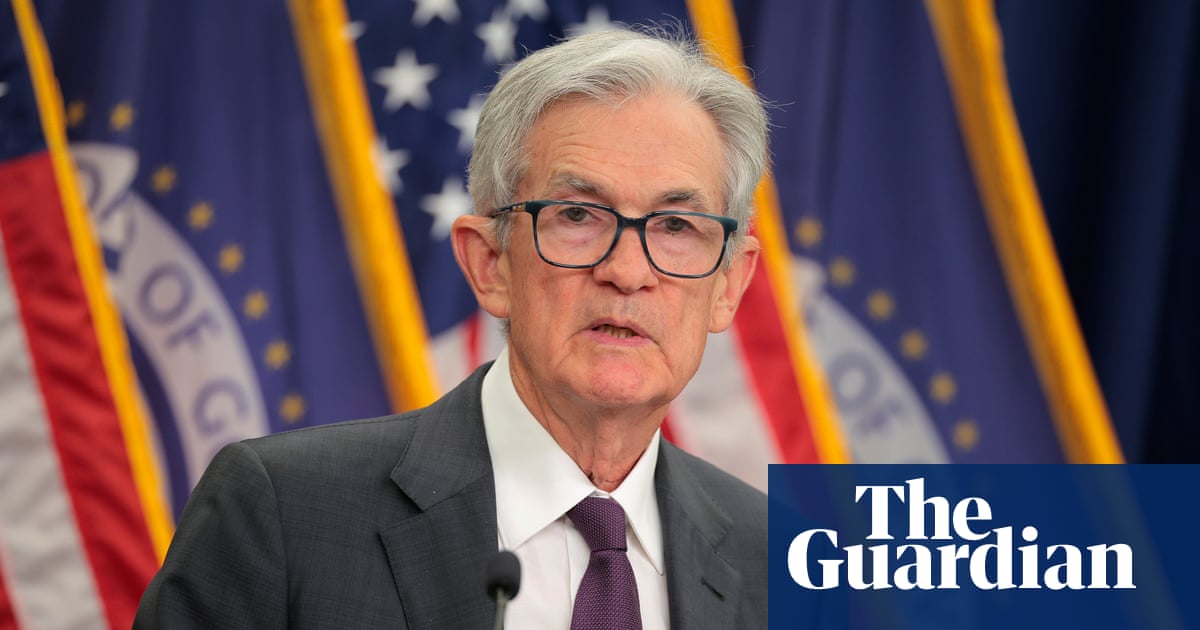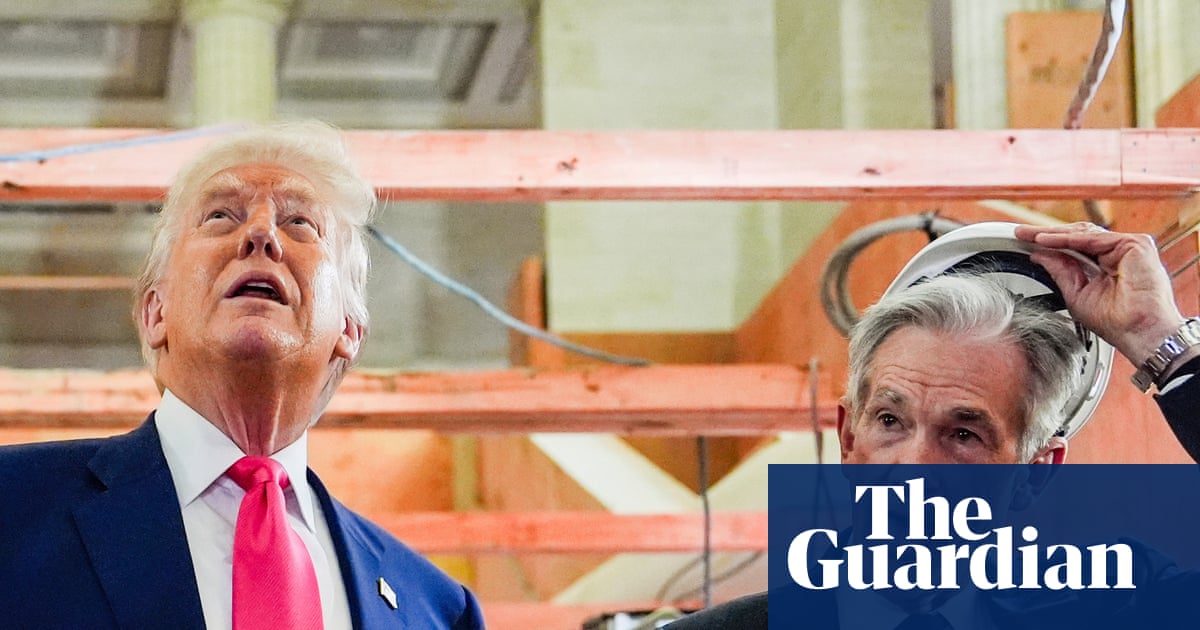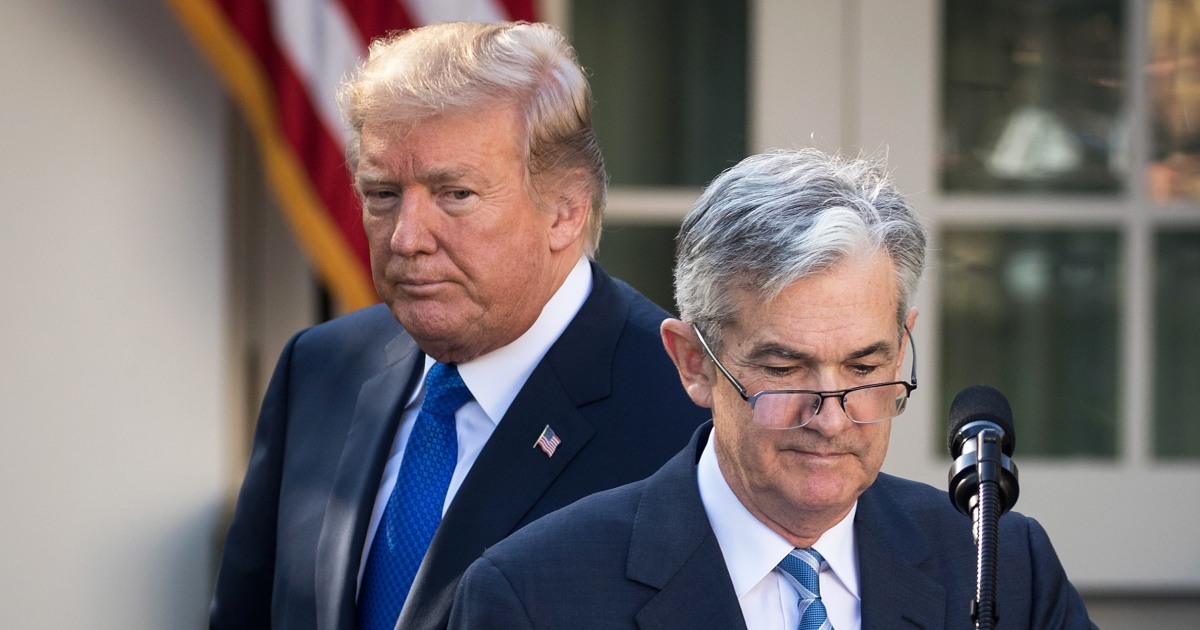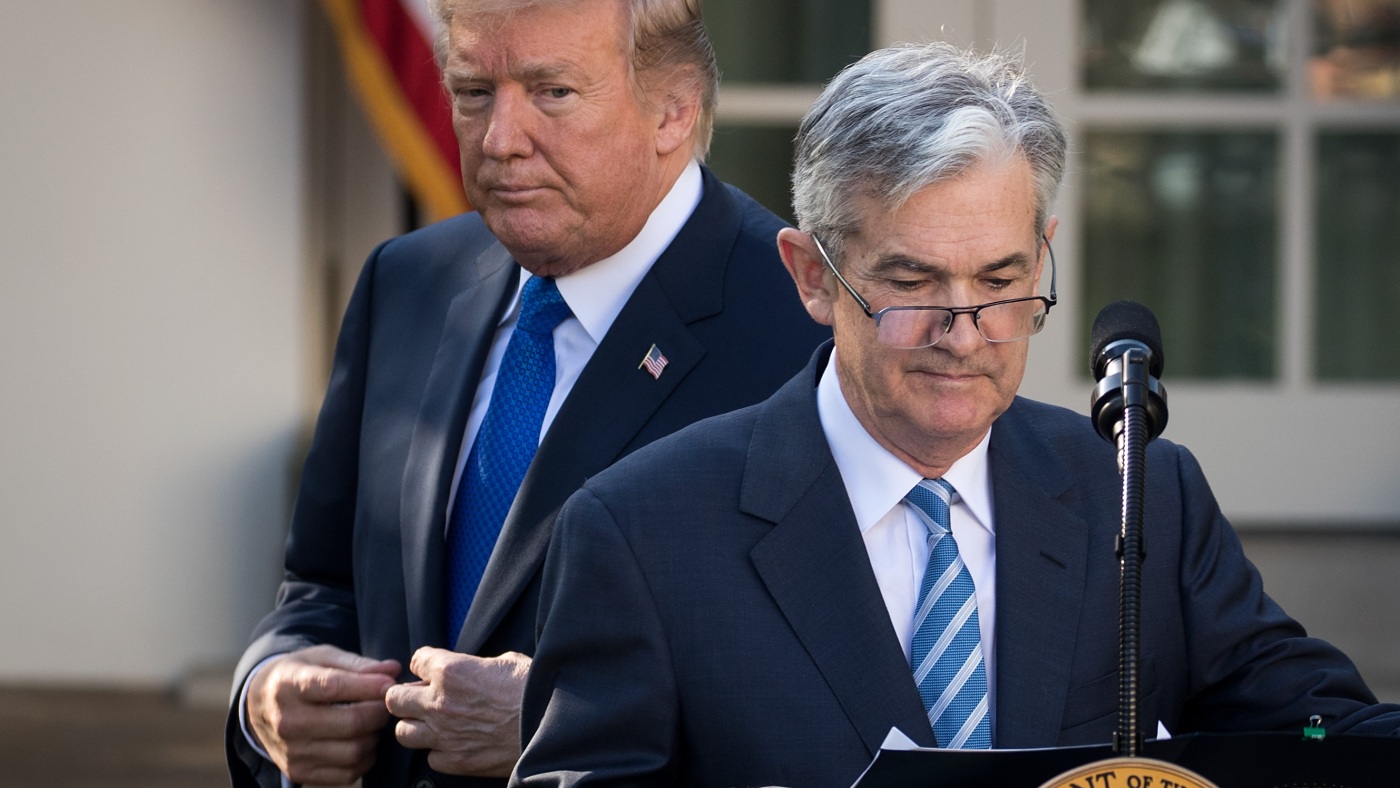T4K3.news
Trump intensifies pressure on Federal Reserve Chair
Trump's public criticisms of Jerome Powell raise concerns about the Fed's independence and economic decision-making.

President Trump's pressure on the Fed raises critical questions about its independence and economic stability.
The significance of the Fed's autonomy in economic policy
President Trump has intensified his pressure on the Federal Reserve, particularly targeting Chair Jerome Powell regarding interest rate adjustments. Although Trump is not the first president to challenge the Fed, his approach stands out for its aggressive, public nature. During a recent visit to the Fed's headquarters, Trump criticized Powell, suggesting he was slow to act on interest rates. Experts warn that Trump's tactics could undermine the Fed's independence and credibility, key elements that help maintain economic stability. While past presidents, like Richard Nixon, influenced the Fed, they did not do so as publicly or confrontationally as Trump.
Key Takeaways
"Presidents have complained about bad policy, but they haven't been as aggressive in their attacks on the institution as the Trump administration has been."
Bill English notes that Trump's behavior towards the Fed is unprecedented in its aggression.
"The trade-off is always inflation when governments ease monetary policy for short-term gains."
Joseph Gagnon highlights the historical consequences of such government actions.
"If Powell were to bend to the president's will, it would create economic uncertainty that could be devastating."
Michael Klein warns of the potential fallout from a chair seen as influenced by the president.
"Powell desperately wants to be the next Volcker, not the next Burns."
Joseph Gagnon reflects on the legacy concerns facing Fed chairs amid political pressure.
Trump’s public confrontations with Jerome Powell can evoke concerns about the Federal Reserve's long-standing independence. The autonomy of the Fed is crucial for making decisions that may be unpopular politically but necessary for economic health. If the Fed appears influenced by the White House, it risks losing trust among markets, potentially leading to economic instability. Historical examples exist where governments exerted pressure on central banks and subsequently faced dire economic consequences. Therefore, the current dynamics could set a concerning precedent for future interactions between the central bank and the executive branch.
Highlights
- The Fed's independence is a cornerstone of economic stability.
- History shows that political pressure on central banks often ends badly.
- Trust in the Fed is crucial for market confidence.
- Trump's confrontational style poses risks for economic policy.
Concerns over Fed independence amid political pressure
Trump's vocal dissatisfaction with the Fed could threaten its ability to operate independently and effectively, leading to instability.
The evolving relationship between the Fed and the presidency will have lasting implications for economic policy.
Enjoyed this? Let your friends know!
Related News

Trump to visit Federal Reserve amidst criticism of Powell

Trump escalates Fed criticism amidst economic turmoil

Trump Administration Initiates Search For Fed Chair Successor

Calls grow for Powell to resign over Fed independence

Trump disputes Federal Reserve renovation costs

Weak July job numbers spark fears of economic slowdown

Trump pressures Powell during Federal Reserve visit

Federal Reserve governor resigns ahead of term completion
